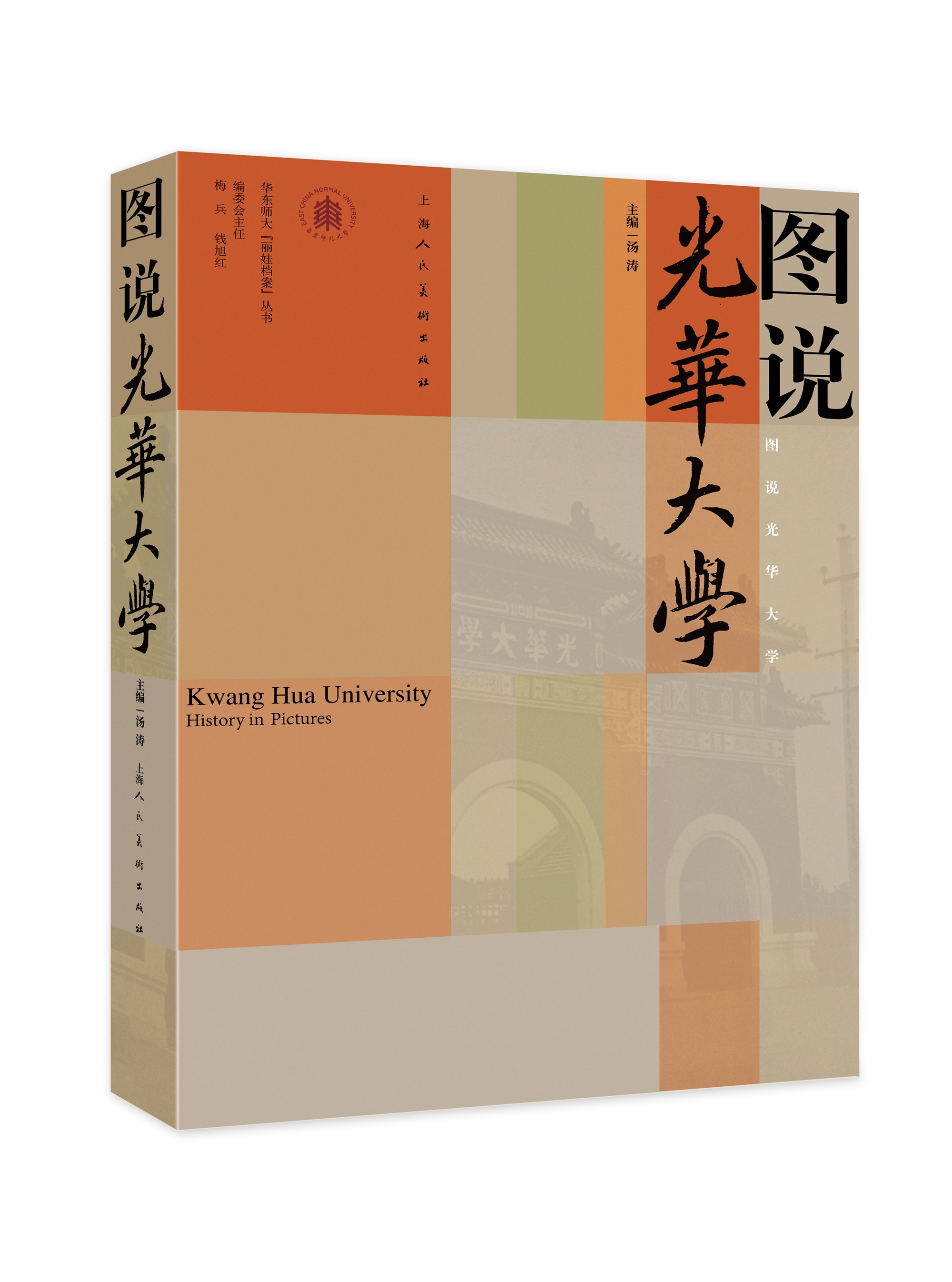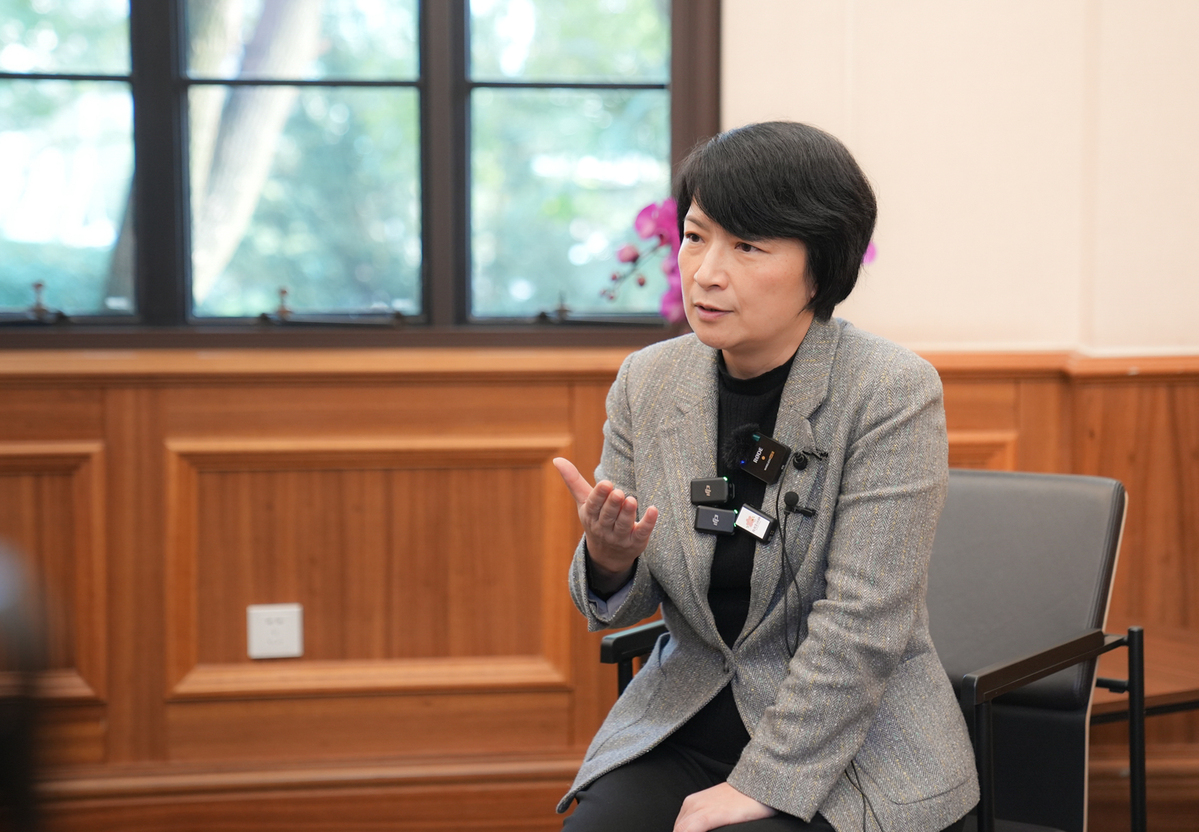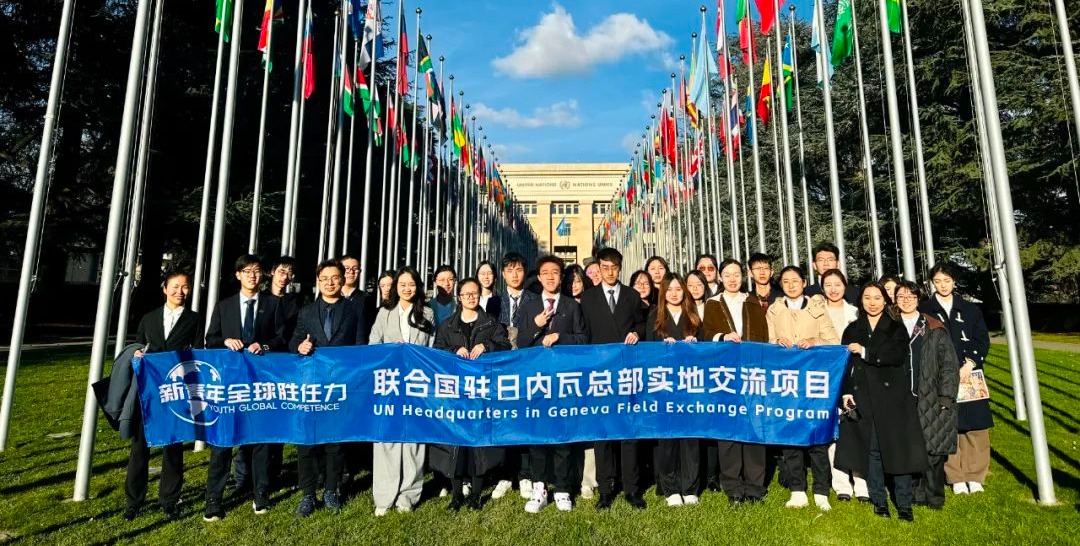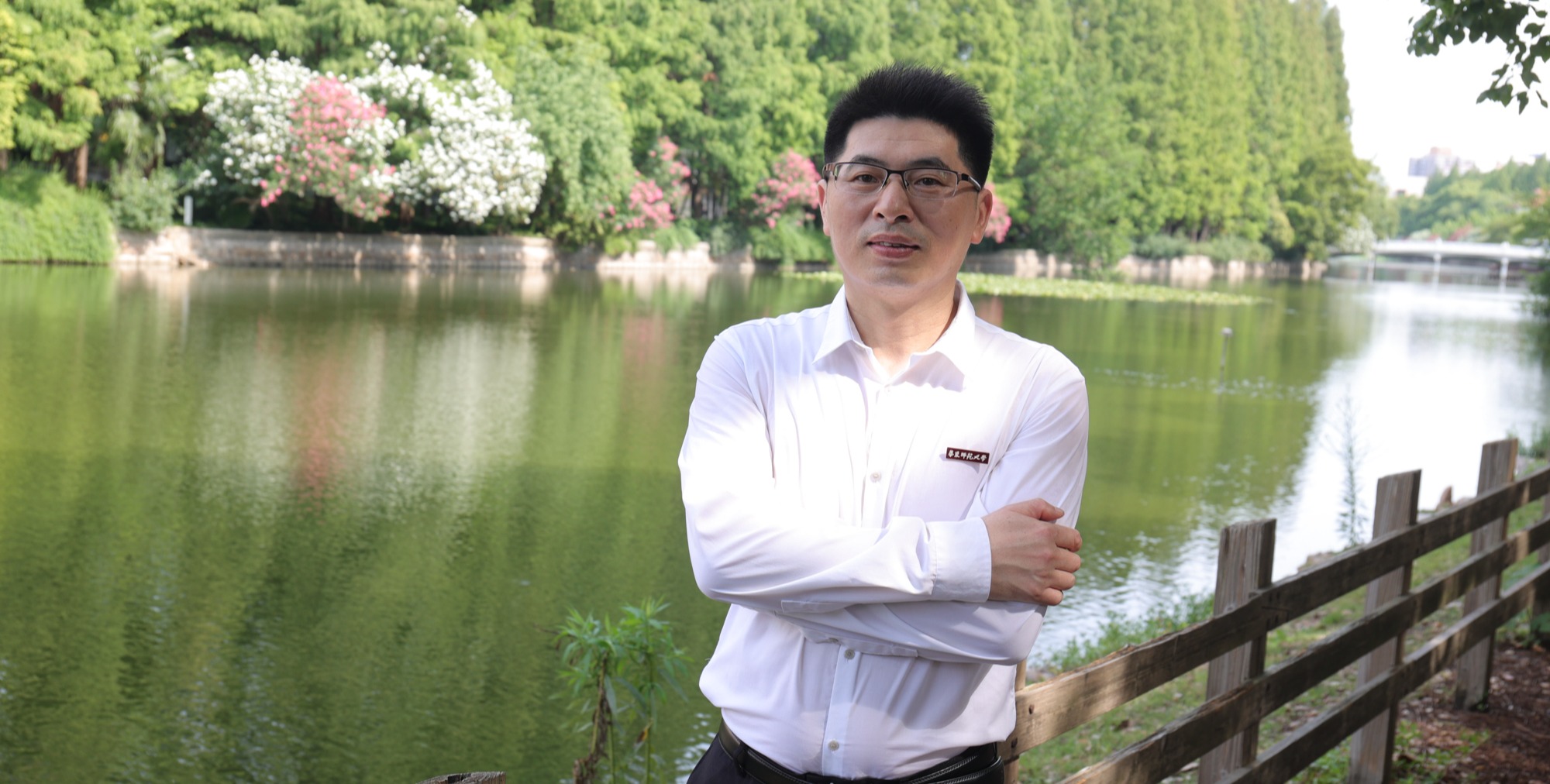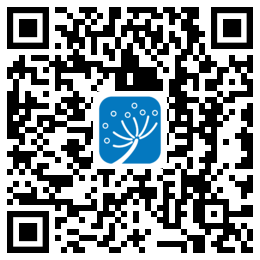# Hot Search #
Recently, a research team led by Researcher Lu Weiqiang and Prof. Liu Mingyao from the School of Life Sciences, ECNU achieved a groundbreaking advancement in tumor immunotherapy. Their pioneering study has unveiled a novel mechanism through which HCAR1, a member of the G protein-coupled receptor (GPCR) family, facilitates tumor immune evasion by sensing lactate signals. This significant discovery has not only deepened our understanding of tumor immune evasion mechanisms but also systematically clarified the potential therapeutic value of HCAR1 inhibitors in tumor immunotherapy.
Cancer remains one of the most formidable threats to human health and life expectancy. Over the past decade, immunotherapy has emerged as a revolutionary advancement in cancer treatment, establishing itself as the fourth pillar of cancer therapy alongside surgery, radiotherapy, and chemotherapy. Despite these remarkable developments, clinical evidence indicates that current immunotherapeutic approaches still face substantial limitations, with an overall response rate below 30%. These approaches are further challenged by significant interpatient variability, development of drug resistance, and immune-related adverse events. Consequently, elucidating the complex mechanisms underlying tumor immune evasion and identifying novel therapeutic targets have become pivotal frontiers in global life sciences research and represent critical scientific challenges demanding urgent attention. Addressing these challenges holds profound clinical implications for enhancing therapeutic outcomes.
The groundbreaking five-year research conducted by the team led by Researcher Lu Weiqiang and Prof. Liu Mingyao has not only provided novel insights into the intricate mechanisms of tumor immune evasion mediated by the key metabolite lactate, but also identified a promising therapeutic target for the development of next-generation tumor immunotherapies. These remarkable findings were published online in the February 4 issue of Nature Immunology, one of the world’s most prestigious journals in the field of immunology.
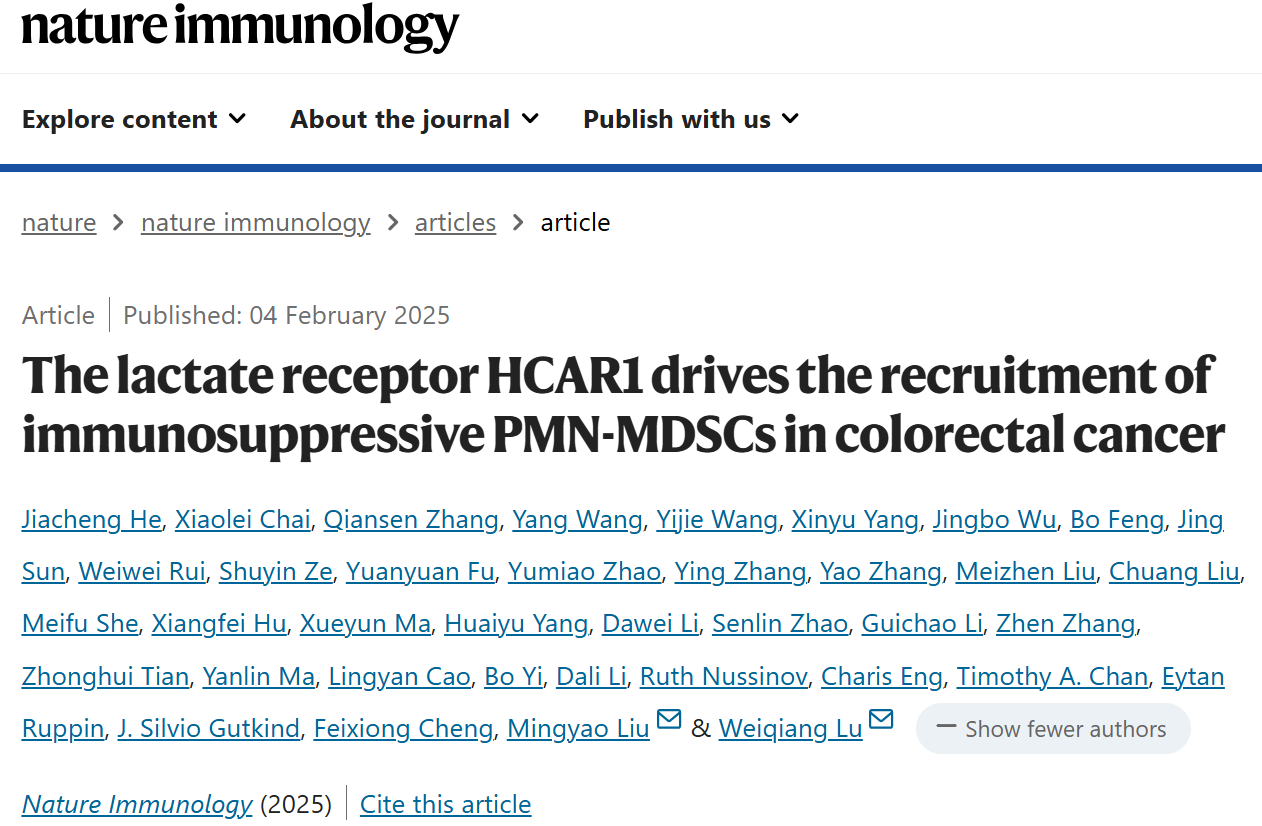
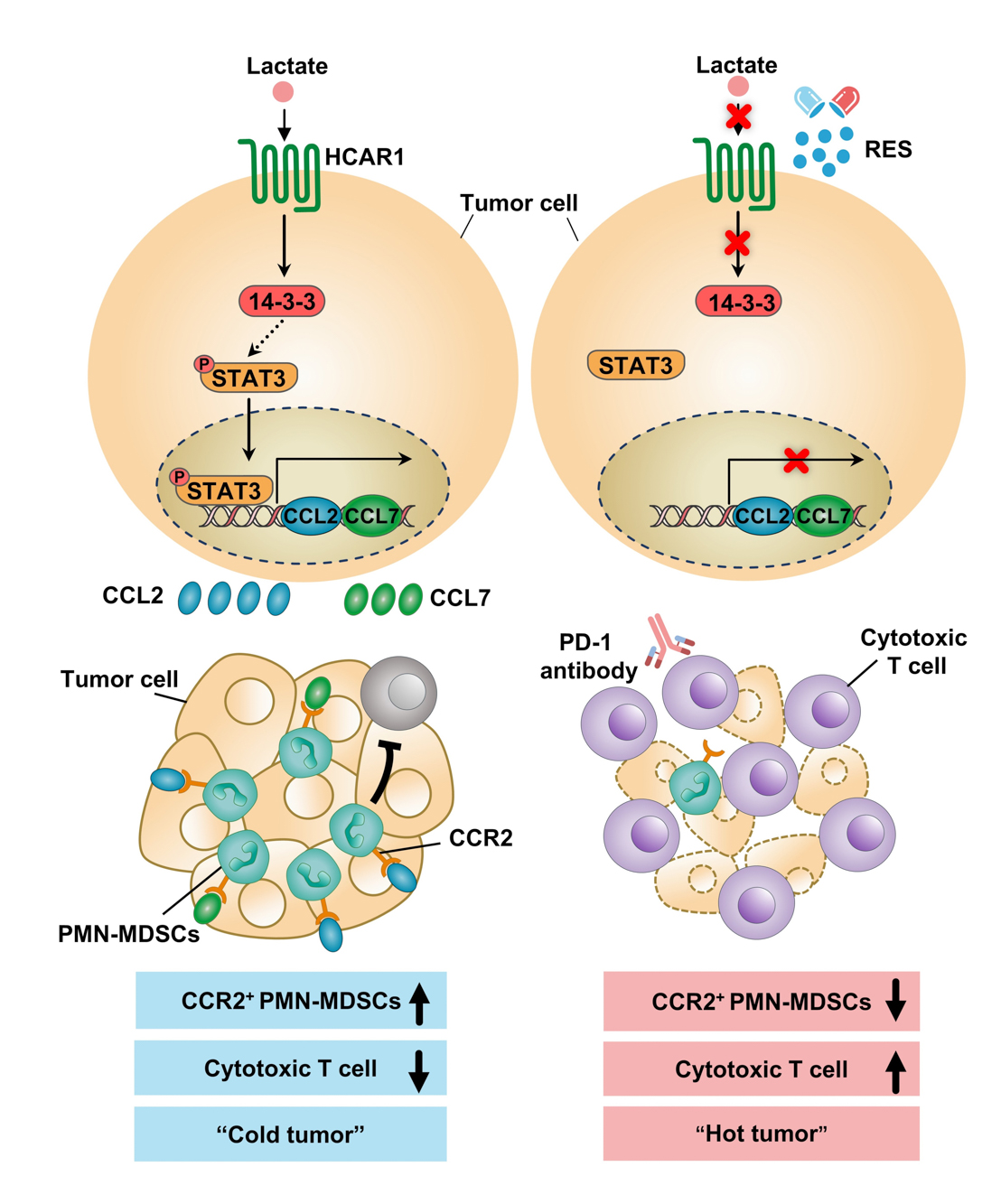
The research team from ECNU has made significant strides in tumor immunology by investigating the signaling molecular properties of lactate. Their groundbreaking work has unveiled novel functions and mechanisms of GPCR-mediated lactate signaling in tumor immune regulation. Building upon these discoveries, the team has identified the lactate receptor HCAR1 as a novel metabolic immune checkpoint, a conceptual breakthrough that opens up innovative avenues for the development of targeted tumor immunotherapies.
The first authors of this paper include Postdoctoral Fellow He Jiacheng, Dr. Chai Xiaolei, and Young Researcher Zhang Qiansen from the School of Life Sciences, ECNU, along with Chief Physician Wang Yang from Shanghai Fifth People’s Hospital, Fudan University. The corresponding authors are Researcher Lu Weiqiang and Prof. Liu Mingyao, both from the School of Life Sciences, ECNU. The research team acknowledges the valuable contributions from collaborating clinicians, including Dr. Feng Bo (Chief Physician, Department of General Surgery, Ruijin Hospital) and Dr. Li Dawei (Chief Physician, Fudan University Shanghai Cancer Center). This research was supported by grants from the National Key Research and Development Program of China and the National Natural Science Foundation of China.
Link: https://www.nature.com/articles/s41590-024-02068-5
Editor: Wicky, Philip Nash


